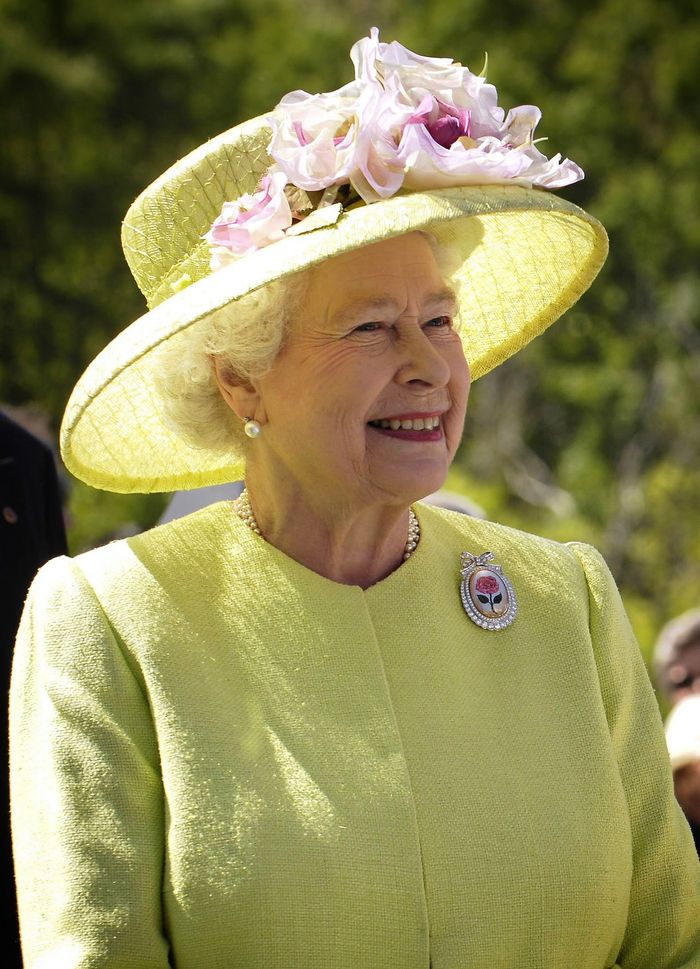Thousands Queue for Queen

In the streets of London, thousands of people are queueing to pay their respects to Queen Elizabeth II, who recently died. The queen’s body is in a coffin in Westminster Hall. Mourners wait for as long as thirteen and a half hours for the chance to walk by the coffin.
Elizabeth, who was ninety-six years old, said her role was to serve the people of Britain and its former empire. Although the British monarchy does not have formal political power, the queen was often busy with ceremonial duties. She spent seventy years on the throne - more than any other British king or queen. She was widely respected and loved by people in England and around the world.
The death of Queen Elizabeth II means that her first-born child, Charles, is now King Charles III. This will bring other changes. For example, an image of the queen is on the money in countries where she is the head of state. Newly made money in many countries will feature an image of Charles.
For the people queueing to see the queen’s coffin, a friendly atmosphere turned more serious as they got closer to Westminster Hall. The Queen’s funeral will be held on September 19th at Westminster Abbey. Other royals and world leaders will be there.
Sources: reuters.com, nytimes.com, bbc.com, bbc.com
For source links, see the article on ESLNewsStories.com
Audio
Hear the article spoken:
Useful Language
- Queue (v) - to wait in a line to do something
- Pay (one’s) respects (idiom) - to visit someone as a sign of respect
- Coffin (n) - a box in which a dead person is buried
- Mourner (n) - a person that goes to a funeral, a person that is sad because someone died
- Empire (n) - a group of countries ruled by a single country
- Monarchy (n) - the king or queen of a country and their family
- Ceremonial (adj) - for the purposes of ceremony and tradition
- Throne (n) - a chair used by a king or queen during ceremonies, the position of king or queen
- Head of state (n) - the leader of a country, though not always a person with political power
Discussion
Discuss the following questions with your partner(s).
- What did you think about this story? Was there any surprising information?
- Does your country have a royal family? If not, did it have royalty in the past? What happened to them?
- What are you willing to queue for? How long are you willing to line up for something?
- Do the deaths of famous people affect you? How? Give an example if you can.
- What could you do to pass the time in the queue?
- Are you interested in the British royal family? Why or why not?
- Have you been to London? How was it? If not, are you interested in going there? To do what?
- People say that we should not have royalty anymore because we have new forms of government. What do you think?
- Why do we have funerals?
- The queen was still working at 96. How old will you be when you retire?
- Do you think King Charles III will be as respected and loved as his mother? Why or why not?